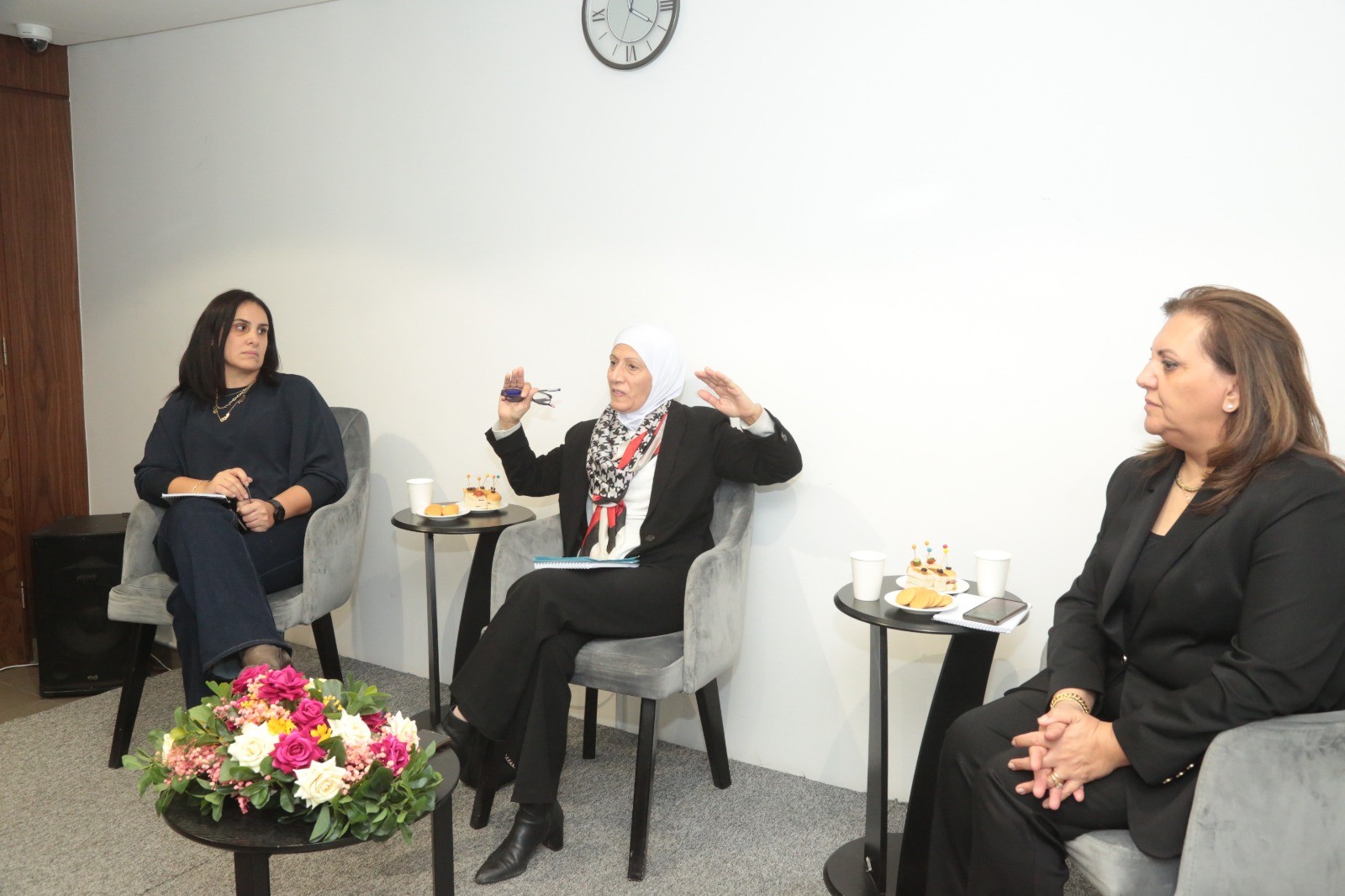Social and psychological experts have stressed the strong mental and social effects of war on children in general, due to the trauma it entails, as well as the feeling of losing security and faith in society.
This came during the panel discussion held by the Arab Renaissance for Development and Democracy (ARDD) and Vision Hope International, entitled: “The Impact of War and Crisis News on Children: Between the Need for Knowledge and the Need for Protection”, and within the series of dialogues by the National Alliance for the Future of Education in Jordan – Nafe, Monday, December 4, 2023.
Educational specialist at Plan International, Sahar Matarneh, said that “War has physical, mental, emotional, and linguistic effects on children, as a result of them living the events of war on their land, which causes these effects to have a deep impact on their mental state and cast negative consequences on them, extending to affect their future, leaving scars in their values and behaviors.”
On the impact of what the media shows on children during wars and crises, Matarneh called for early intervention to protect children, whether during or after the war, as they need psychological support to prevent the development of post-traumatic symptoms so that they can adapt in the future, stressing the importance of providing children with the knowledge they need and dealing with their questions by responding to them and taking them seriously.
Nadine Al-Nimri, Director of Media and Advocacy at Save the Children, referred to the issue of pre-war children who already suffer from physical, developmental, and psychological risks and damage, which have escalated dangerously today, warning in the same context of post-war repercussions, especially in light of the loss of psychological and social support and protection for them, and the lack of qualified cadres to deal with cases.
Al-Nimri called on parents to monitor their children and be patient with their questions about what is happening, and to understand the negative feelings they have about what they see, stressing the importance of dealing with them according to their age and allowing them to express their feelings without mocking them, and choosing a practical means such as drawing, or teaching them the skills of venting feelings and helping them think positively.
The participants advised parents that news should not be the main focus of discussion and conversation in the family, in addition to the focus of humanitarian organizations and governments on providing psychological support and social protection programs for children, and the importance of involving schools in educating children in cooperation with parents, and to find a new model to respond to the needs of raising children in times of war, while providing programs for children in the early grades, given their impact on their social, emotional, and psychological development, as well as the need for strategies for children to vent their emotions, and paying attention to systematic programs for psychological support during crises and involving of parents in them, given their impact on having a safe environment for children at home, in addition to providing them with food and health services.


